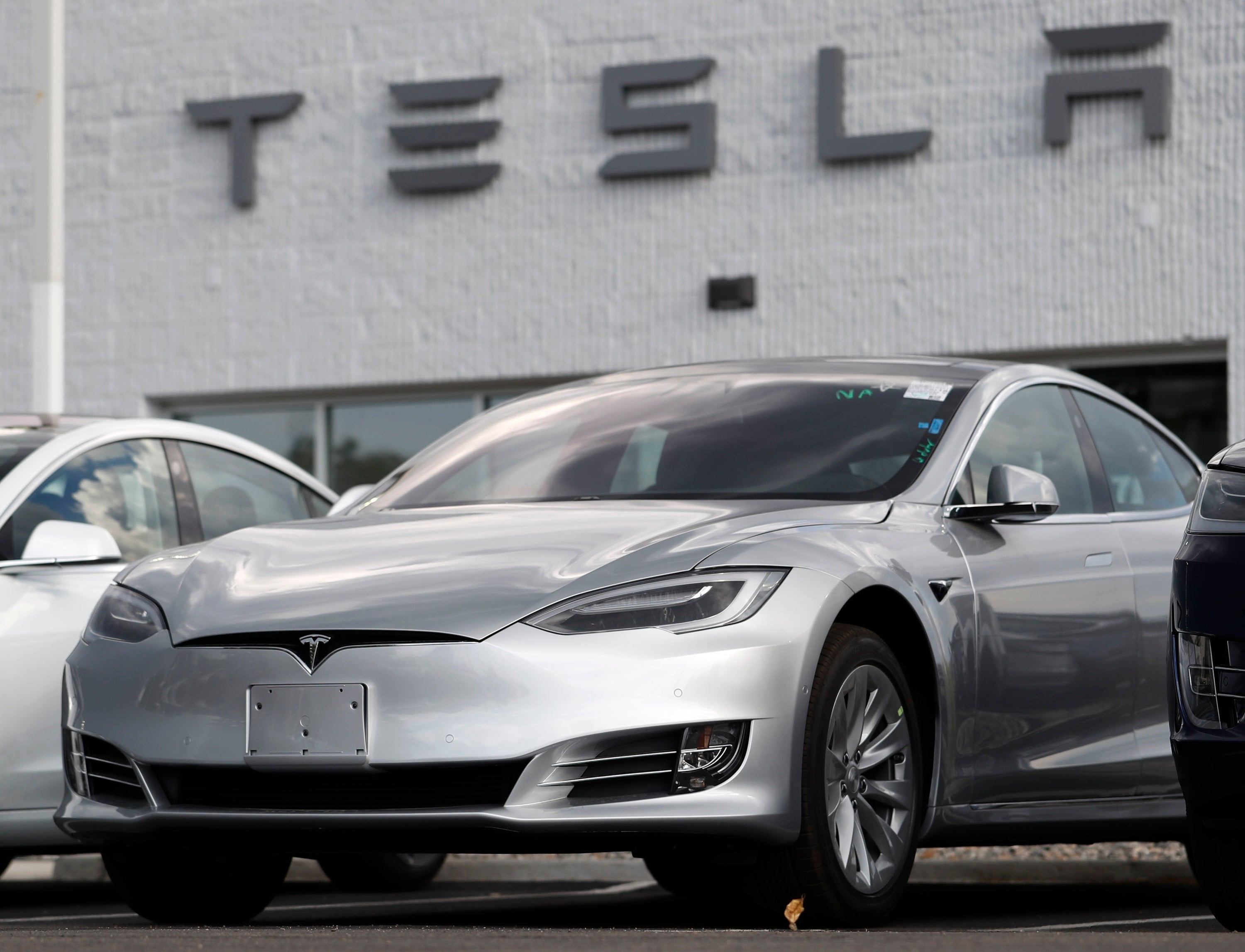Tesla throttled Model S charging speed and battery capacity, Norway court rules
Elon Musk’s firm will have to pay $16,000 to roughly 10,000 owners unless it appeals

Your support helps us to tell the story
From reproductive rights to climate change to Big Tech, The Independent is on the ground when the story is developing. Whether it's investigating the financials of Elon Musk's pro-Trump PAC or producing our latest documentary, 'The A Word', which shines a light on the American women fighting for reproductive rights, we know how important it is to parse out the facts from the messaging.
At such a critical moment in US history, we need reporters on the ground. Your donation allows us to keep sending journalists to speak to both sides of the story.
The Independent is trusted by Americans across the entire political spectrum. And unlike many other quality news outlets, we choose not to lock Americans out of our reporting and analysis with paywalls. We believe quality journalism should be available to everyone, paid for by those who can afford it.
Your support makes all the difference.Tesla has been found to have throttled charging speed and battery capacity via a software update to its electric cars, a Norway court has ruled.
Elon Musk’s automotive company will have to pay $16,000 (£11,313) to each of the thousands of owners affected unless it appeals, Electrek reports.
The issue started in 2019, when Tesla Model S vehicles manufactured from 2013 to 2015 were saw their range drop from 12 to 30 miles after Tesla’s 2019.16.1. and 16.2 updates. One customer apparently recorded an 11 per cent drop in range over five weeks.
At the time, Tesla said that the update was to “protect the battery and improve battery longevity,” and resulted in range loss for only “a small percentage of owners.”
Norwegian publication Nettavisen says that the specific Tesla Model S was sold around 10,000 times over the three years.
The order, which was announced on 17 May, gives Tesla until the end of the month to pay the fine. It is unclear how the company will respond, given that it reportedly did not file a response in the court case. Tesla did not respond to a request for comment from The Independent, and dissolved its PR department in 2020.
This is not the only court case Tesla is facing; in 2019, Reuters reported a lawsuit filed in a Northern California federal court for potentially “thousands” of Model S and X vehicles who have seen their range depleted. Some owners sold their vehicles, while others reportedly disabled their Wi-Fi to avoid future software updates.
A Tesla spokesperson reportedly said the company’s priority was to deliver the best possible customer experience with the highest regard for safety.
“A very small percentage of owners of older Model S and Model X vehicles may have noticed a small reduction in range when charging to a maximum state of charge following a software update designed to improve battery longevity,” Tesla said.
Join our commenting forum
Join thought-provoking conversations, follow other Independent readers and see their replies
Comments